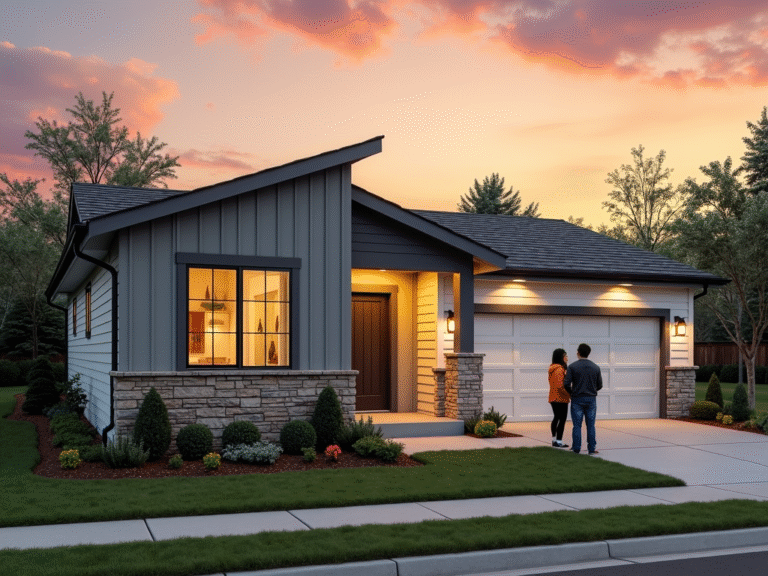Think a newly built home is flawless? Think again. Even the most reputable builders can overlook critical details in today’s fast-paced construction environment. In fact, studies show that new construction homes often harbor hidden defects that could cost you thousands down the line. Let’s dive into why having a professional inspector examine your dream home isn’t just smart—it’s essential.
The Myth of Perfect New Construction
There’s a common misconception that new homes are immune to problems. After all, everything’s fresh off the assembly line, right? Not quite. According to the National Association of Home Inspectors, up to 95% of new homes have at least one deficiency that should be addressed before move-in.
The Critical Phases of New Construction Inspection
1. Foundation Phase: Getting It Right from the Ground Up
The foundation quite literally sets the stage for your entire home. During this crucial phase, inspectors examine:
- Soil composition and compaction
- Foundation form setup
- Waterproofing measures
- Drainage planning
2. Pre-Drywall Inspection: The “Open Heart Surgery” Phase
This is your only chance to see what’s behind the walls. A thorough inspector will verify:
- Framing integrity and load distributions
- Electrical system routing
- Plumbing installation accuracy
- HVAC ductwork placement
3. Final Inspection: The Moment of Truth
This comprehensive evaluation ensures everything is complete and functioning as intended, including:
- All mechanical systems
- Exterior envelope integrity
- Interior finishes
- Safety features and code compliance
What Sets New Construction Inspections Apart
Unlike existing home inspections, new construction requires a different approach. Your inspector should understand current building codes, modern materials, and construction techniques. They’re not just looking for problems—they’re ensuring your home meets the latest standards in building excellence.
Working with Your Builder: A Delicate Dance
While most builders welcome inspection findings, handling the relationship requires finesse. Here’s how to maintain positive communication:
- Share inspection reports promptly
- Prioritize issues by severity
- Document all communications
- Set realistic timelines for corrections
Common Issues That Even Good Builders Miss
Even the most reputable builders can overlook details. Here are frequent findings:
- Improper flashing installation
- Inadequate insulation
- Missing support structures
- Incorrect electrical connections
- Poor drainage grading
Choosing Your Inspector: What to Look For
Not all inspectors are created equal. When selecting yours, ensure they have:
- Specific new construction experience
- Current certifications
- Knowledge of local building codes
- A comprehensive reporting system
The Investment Perspective
While a new construction inspection might seem like an unnecessary expense, consider this: The average cost of a comprehensive inspection series ($800-1,500) pales in comparison to the potential cost of fixing undiscovered issues later. Think of it as an insurance policy for your investment.
After the Inspection: Next Steps
Once you have your inspection report:
- Review findings thoroughly
- Create a prioritized correction list
- Schedule a meeting with your builder
- Document all agreements in writing
Legal Considerations and Protection
Understanding your rights and the builder’s obligations is crucial. Keep in mind:
- Warranty terms and conditions
- State-specific builder requirements
- Documentation requirements
- Dispute resolution procedures
The Bottom Line: Why It’s Worth It
A new construction home inspection is more than a checkbox—it’s your assurance that your dream home is built to last. It provides peace of mind, protects your investment, and ensures you’re getting exactly what you paid for.
Ready to Take Action?
Don’t wait until issues become apparent. Schedule your new construction inspection at the earliest opportunity. Remember, some problems can only be caught at specific building phases—timing is everything.
Ready to protect your investment? Contact a certified new construction inspector today to schedule your comprehensive inspection series.
Remember: Your new home is one of the biggest investments you’ll ever make. Make sure it’s done right from the ground up.






